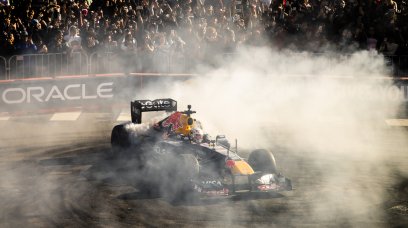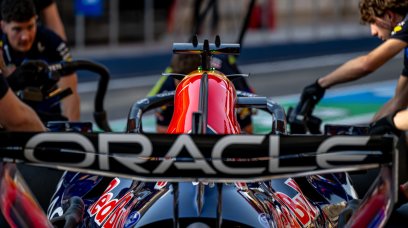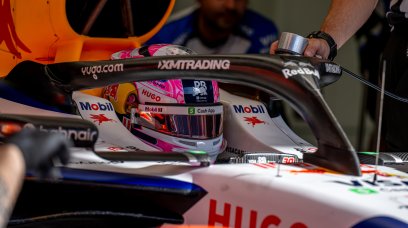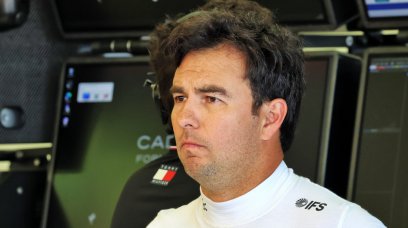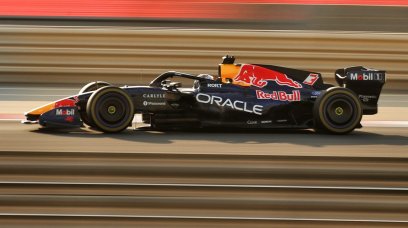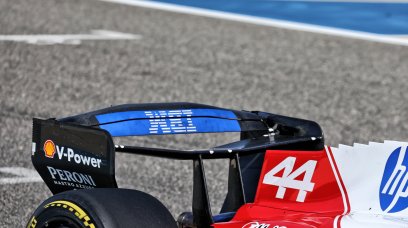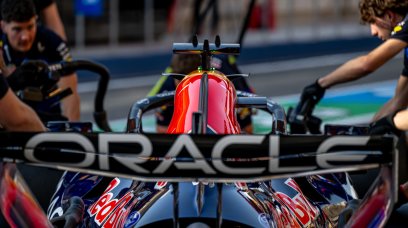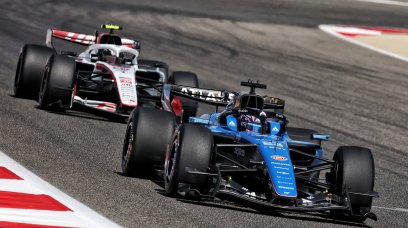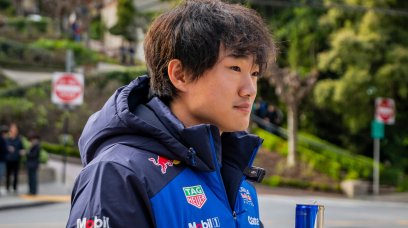McLaren's right of review for Lando Norris' United States Grand Prix penalty has been rejected by the stewards and the five seconds added onto his race time will therefore stand. Following the original decision, which was made during the closing stages of the race in Austin and without team representatives present, the Woking squad sought to appeal the stewards' verdict. In order for a right of review to be accepted, there must be evidence - or an element - that satisfies four main criteria on the grounds it is; significant, relevant, new, and unavailable at the time of the initial decision. However, meeting those four points is a tall order, or a "high bar" to successfully pass , as it has been referred to by the stewards themselves - as well as McLaren and Red Bull on this specific occasion. The new element McLaren submitted was as follows...
a. The document for the decision contained a statement that was incorrect and that evidenced an objective, measurable and provable error had been made by the stewards b. That the statement was that “Car 4 was overtaking Car 1 on the outside but was not level with Car 1 at the apex' c. That the above statement was in error because McLaren had evidence that Car 4 had already overtaken and was ahead of Car 1 “at the braking zone” d. That this error is significant and relevant and is new and was unavailable to McLaren at the time of the decision.
However, the original United States Grand Prix stewards - who were present via video conference call - determined that the submission by McLaren did not meet the required criteria and thus denied the right of review. The panel highlighted the following, which was central to the decision: "The Stewards feel it is important to identify what the actual proposed “element” was in this case. "Referring to the Petition from McLaren, in its fourth bullet point it points to the alleged “error” contained in the written decision of the Stewards, as being the element. "That “error” was alleged to be the Stewards’ analyses that Car 4 was the overtaking car, whereas McLaren argued that Car 4 had already completed an overtaking move." It also explained that the stewards focused on the first principle of a right to review: relevance. Here is why the right to review was ultimately dismissed...
In relation to relevance, McLaren appears to submit that the Stewards finding that “Car 4 was not level with Car 1 at the apex” was an error and that Car 4 had overtaken Car 1 before the apex (and therefore that Car 1 was the overtaking car) and that this asserted error is itself, a new element. This is unsustainable. A petition for review is made in order to correct an error (of fact or law) in a decision. Any new element must demonstrate that error. The error that must be shown to exist, cannot itself be the element referred to in Article 14. In this case, the concept that the written Decision (document number 69) was the significant and relevant new element, or that an error in the decision was a new element, is not sustainable and is, therefore rejected. Accordingly, as there is no relevant new element, the Petition is rejected.
What the decision is essentially explaining is that the new element (evidence) must demonstrate the error made in the original verdict. In this case, the element was derived from the document itself, not new evidence that proved the decision taken had been incorrect. As mentioned, both McLaren and Red Bull spoke to the "high bar" set to successfully petition for a right to review. The stewards did acknowledge the following, which may cause the FIA to establish new or refined criteria for such cases moving forward: "However, the Stewards do note the following which is drawn to the attention of the regulatory authority: "The current “high bar” that exists in Article 14 and the fact that it appears to have been designed more for decisions that are taken as a result of a hearing where all parties are present, rather than in the pressurised environment of a race session, when decisions are taken, (as is allowed under the International Sporting Code), without all parties being present." This may cause the FIA to establish new or refined criteria for such cases moving forward. But as of now, and this case, McLaren did not successfully introduce a relevant new piece of evidence for the stewards to consider.
Most read
